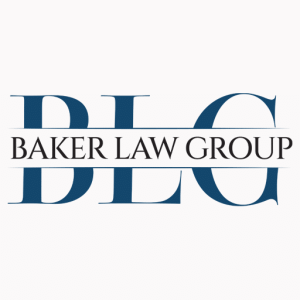In Colorado, the process for foreclosure adheres to a specific timeline, detailed below. This timeline begins when a borrower is 30 days past due on a loan and ends either when payments for the loan have been brought current, the loan is paid in full, or when the foreclosure process has been completed, and items subject to the loan have been sold off. Before foreclosure, there is the pre-foreclosure period. This period begins when a borrower defaults on a loan.
A Borrower Defaults on a Loan When Payments on That Loan Are 30 Days Late
At least 30 days after the default, the lender must send the borrower a Notice of Default providing notice that the borrower is in default and informing them of how to cure the default and avoid foreclosure.
 At least 120 days after the default and 30 days after the Notice of Default has been sent, the lender can file a Notice of Election and Demand with the public trustee. When the Notice of Election and Demand is filed, foreclosure proceedings officially begin.
At least 120 days after the default and 30 days after the Notice of Default has been sent, the lender can file a Notice of Election and Demand with the public trustee. When the Notice of Election and Demand is filed, foreclosure proceedings officially begin.
After the Notice of Election and Demand is filed with the public trustee, the public trustee will set a foreclosure sale between 110 to 125 days after the filing of the Notice.
After the foreclosure sale has been sent, the public trustee must send two notices to the borrower. The first notice must be sent no more than 20 calendar days after recording the Notice of Election and Demand. The second notice must be sent between 45 to 60 calendar days before the foreclosure sale.
Even in a nonjudicial foreclosure, the court is still involved to a small extent.
Part of the nonjudicial foreclosure process is the Rule 120 hearing, based on Rule 120 of the Colorado Rules of Civil Procedure. When a lender seeks a court order authorizing the foreclosure sale, the lender must file a motion to authorize the sale. The clerk will then set a deadline for the borrower to respond between 21 to 35 days after the motion has been filed. If the motion is contested, the court may hear the matter.
After completing this process, the judge may sign an order authorizing the foreclosure sale.
Up to 15 days before the foreclosure sale, the borrower may file an intent to cure, stating that they intend to bring the loan current and pay fees and costs. The borrower has until noon the day before the foreclosure sale to make this payment.
The foreclosure sale will proceed if the necessary payments are not made by this final deadline. This sale will be an auction open to the public, where buyers can place bids on the property in foreclosure.
If the property is sold for less than the remaining amount due on the loan, the borrower may be subject to pay for the remainder. If the property is sold for an amount greater than what is due on the loan, the remaining money will be given to the borrower.
When you need to speak with a Colorado Foreclosure Lawyer, speaking with one from Baker Law Group (A Colorado Foreclosure Law Firm) would be beneficial.









